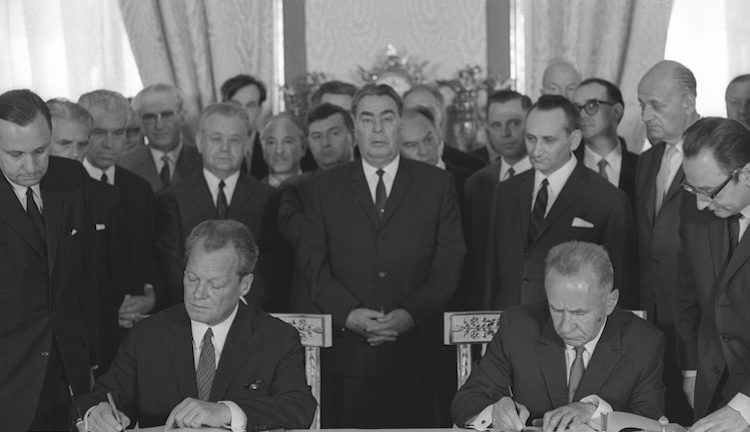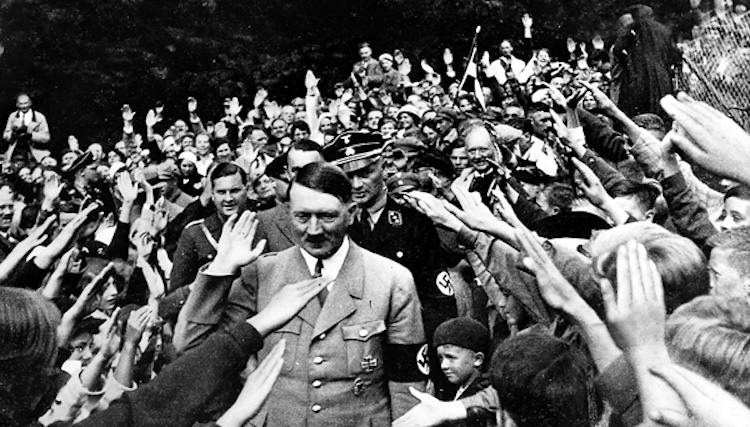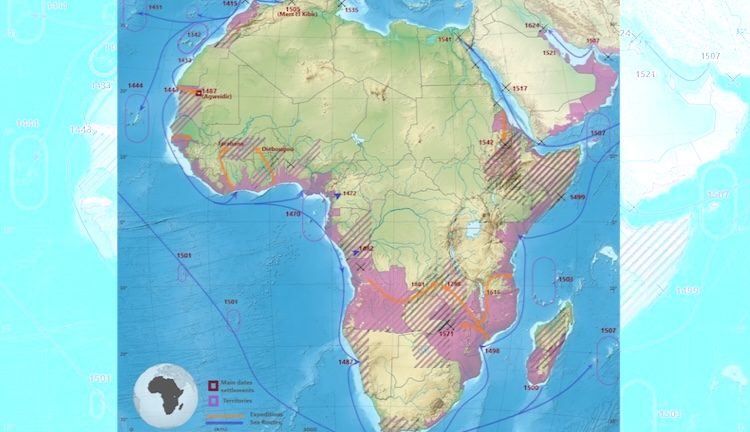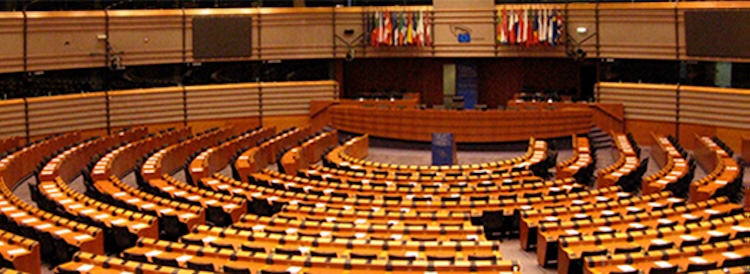By Jane Kinninmont and Maria Branea* LONDON | 24 August 2024 (IDN) — The Organization for Security and Co-operation in Europe (OSCE) is the world’s largest regional security organization, with 57 participating states in Europe, Asia, and North America. This year, the OSCE launched a new initiative—The Expert Networks on the Organization for Security and […]
Kazakhstan Hosts UNODA-backed Non-proliferation Regional Conference
By Ramesh Jaura BERLIN | NEW YORK |19 August 2024 (IDN) — Nearly twenty years ago, the United Nations Security Council took a consequential step to prevent the proliferation of weapons of mass destruction (WMD) by unanimously adopting resolution 1540 (2004). This global instrument requires Governments to prevent non-State actors or terrorists from acquiring, proliferating […]
Wall Street Journal Story on Nordstream: Has Zelensky Become a Rogue Actor?
By Stephen Bryen* This article was issued by Weapons and Strategy and is being republished with their permission. WASHINGTON, D.C. | 17 August 2024 (IDN) — Both Germany and the US have put out numerous stories about the destruction of the Nordstream pipeline. They say the pipeline was destroyed by the Ukrainians. The latest story, […]
Seven-Nation Prisoner Swap Shows How Diplomacy, Not Law, Governs Exchanges
By William E. Butler* This article is republished from The Conversation under a Creative Commons license. Read original. PENNSYLVANIA | 3 August 2024 (IDN) — Wall Street Journal reporter Evan Gershkovich and two other Americans were freed from Russia in a prisoner exchange on Aug. 1, 2024. In total, 24 prisoners, including 12 German nationals […]
Europe Should not Be Pushed by US Influence to Confront Russia
By Jonathan Power* LUND, Sweden | 25 July 2024 (IDN) — Once the Warsaw Pact closed shop there was no good or honest reason for keeping NATO going. The threat that NATO was created to deter disappeared when the Soviet Union collapsed. The European Union’s influence on the new post-Cold War order has been by […]
Norway – A Global Peace Aspirant, Environmental Champion, and a Wealthy Quiet Achiever
By Dr Palitha Kohona* OSLO, Norway | 24 July 2024 (IDN) — A few days in Norway’s summer swept capital Oslo, on the way to the Arctic via Tronso with an expedition ship presented a mixed bag of surprises. Contrary to expectations, Norway was not full of rich, blonde or red haired and blue eyed […]
Discredited ‘Ostpolitik’ of Willy Brandt Remains Pertinent
By Hans Kundnani* LONDON | 13 July 2024 (IDN) — The conventional wisdom in Germany is that Ostpolitik—which is usually taken to mean a policy based on the idea of peaceful co-existence with Russia going back to the approach taken by Willy Brandt as chancellor—is now completely discredited. Even those who admit that it was […]
Doubts On the Origins of World War II, On The 80th Anniversary of D-Day
By Jonathan Power* LUND, Sweden | 9 July 2024 (IDN) — It is a common trait in mankind to apply to ourselves a generosity of interpretation which we do not extend to others. We find proofs of wickedness, using evidence that we would not use against our own. We play down the sins of ourselves, […]
Prince Henry of Portugal—The Forerunner of Globalization
By Jan Servaes LAGOS, Portugal | 8 June 2024 (IDN) — We all know that when Christopher Columbus landed in ‘America’ in 1492, he thought it was India. Much less is known about the Portuguese navigator Vasco Da Gama who was the first to reach the real India in 1498. This ‘discovery’ was due to […]
Germany-European Elections: Will Lowering the Voting Age to 16 Benefit the Right Extremists?
By Gabriele Abels* The Conversation issued this article. TÜBINGEN, Germany | 9 May 2024 (IDN) — Ahead of the European Parliament elections on 6 June, Germany has lowered the age limit on participation to 16. This makes it the largest of just a handful of states in the EU to allow people under the age […]










